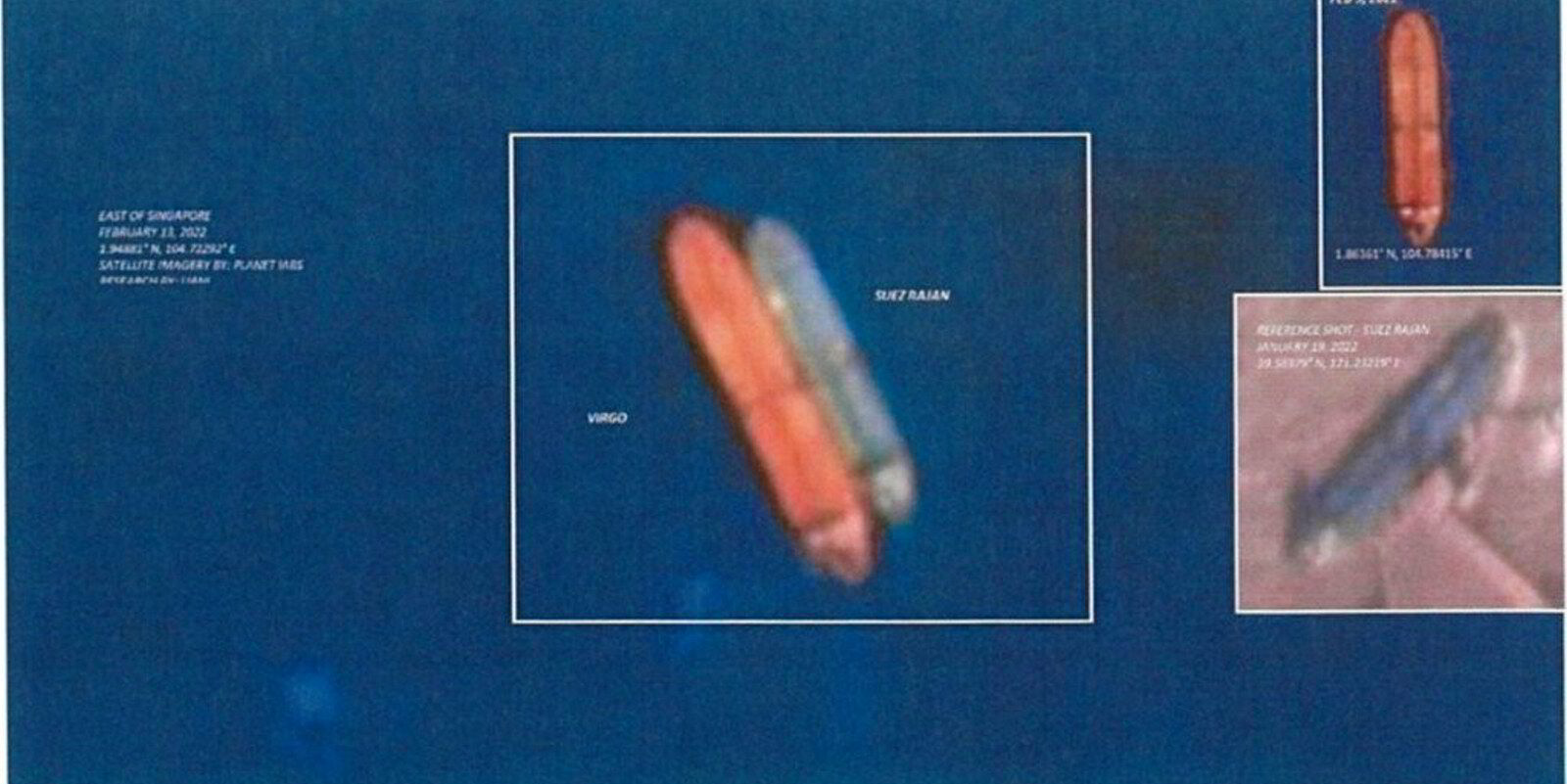Greece’s navy will continue to disrupt ship-to-ship transfers of Russian oil on tankers in the Laconian Gulf.
Vessel drills have been extended in the area into November, according to a notice on the Hellenic Navy Hydrographic Service’s website.
Bloomberg reported the manoeuvres had been due to end in the coming days.
Operations began in May in the Gulf, causing vessels anchored there to disperse.
Further drills prohibited the entry of commercial cargo vessels.
The government said earlier this year it wanted to stop risky transfers of oil.
The drills have sent Russian-trading tankers into new locations in the Mediterranean, Red Sea and off West Africa.
What initially looked like an oblique way to discourage Russian oil transfers has been assuming a more permanent character, TradeWinds has reported.
The sheltered Laconian Gulf has always been a key spot for Russian crude transfers, as large VLCCs are not able to cross into the Black Sea.
In August, TradeWinds reported that the Aegean Sea had emerged as a new site for ship-to-ship transfers of Russian diesel and gasoil cargoes, as the country’s oil product exports rose in July despite sanctions.
Cargoes were loaded on at least seven vessels in Russia’s Black Sea ports of Taman and Tuapse in July and August for transshipment to other vessels in the northern Aegean, according to Reuters, which cited data from LSEG and other market sources.
LSEG data showed four tankers carrying 123,000 tonnes of diesel and gasoil from Taman and Tuapse were transhipped off the Greek Island of Chios in July.
A further 100,000 tonnes of gasoil loaded on three tankers at Tuapse in July were also headed to the northern Aegean for transshipment, Reuters reported.(Copyright)




